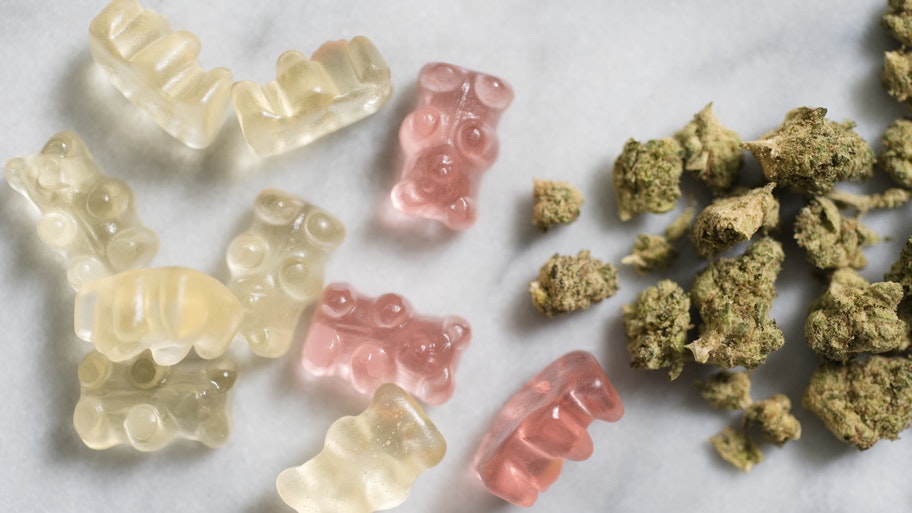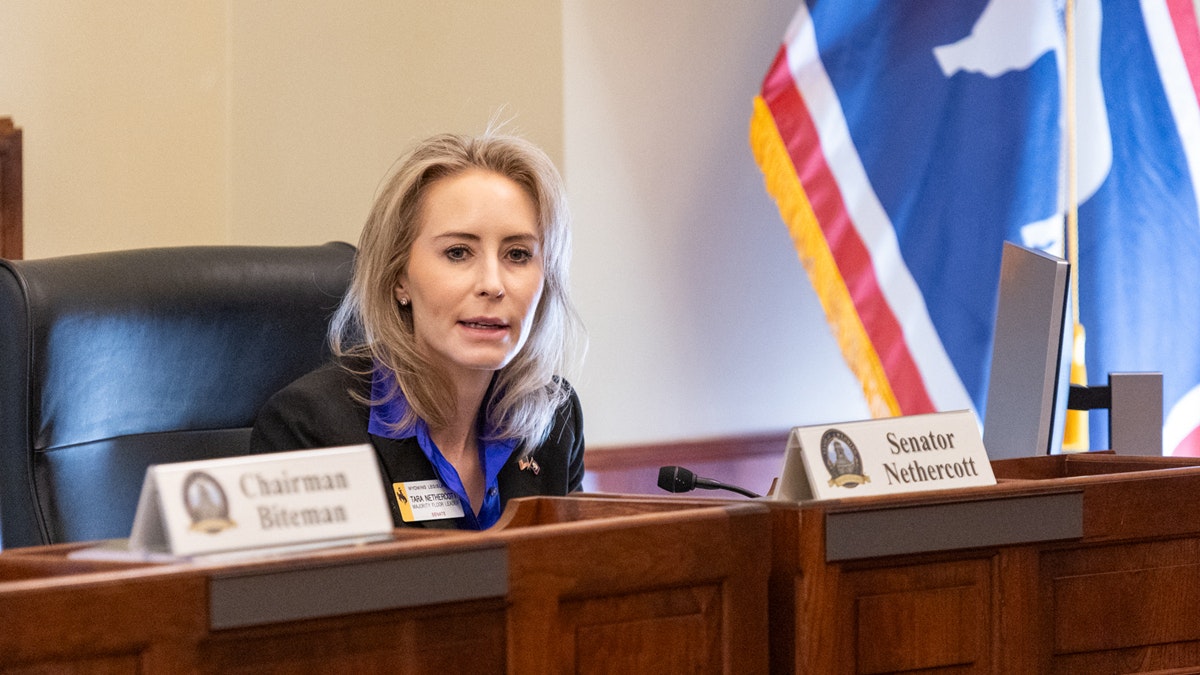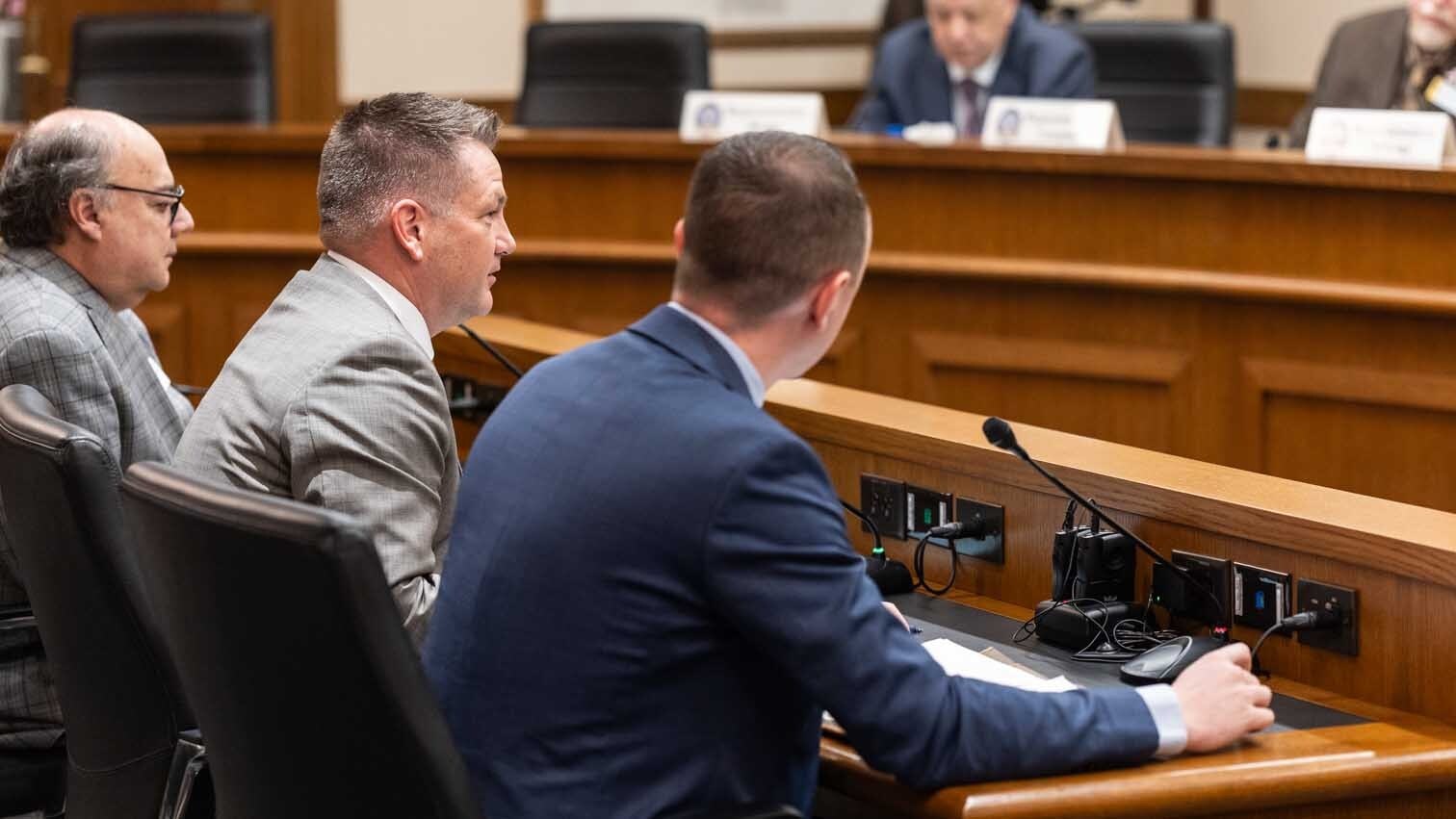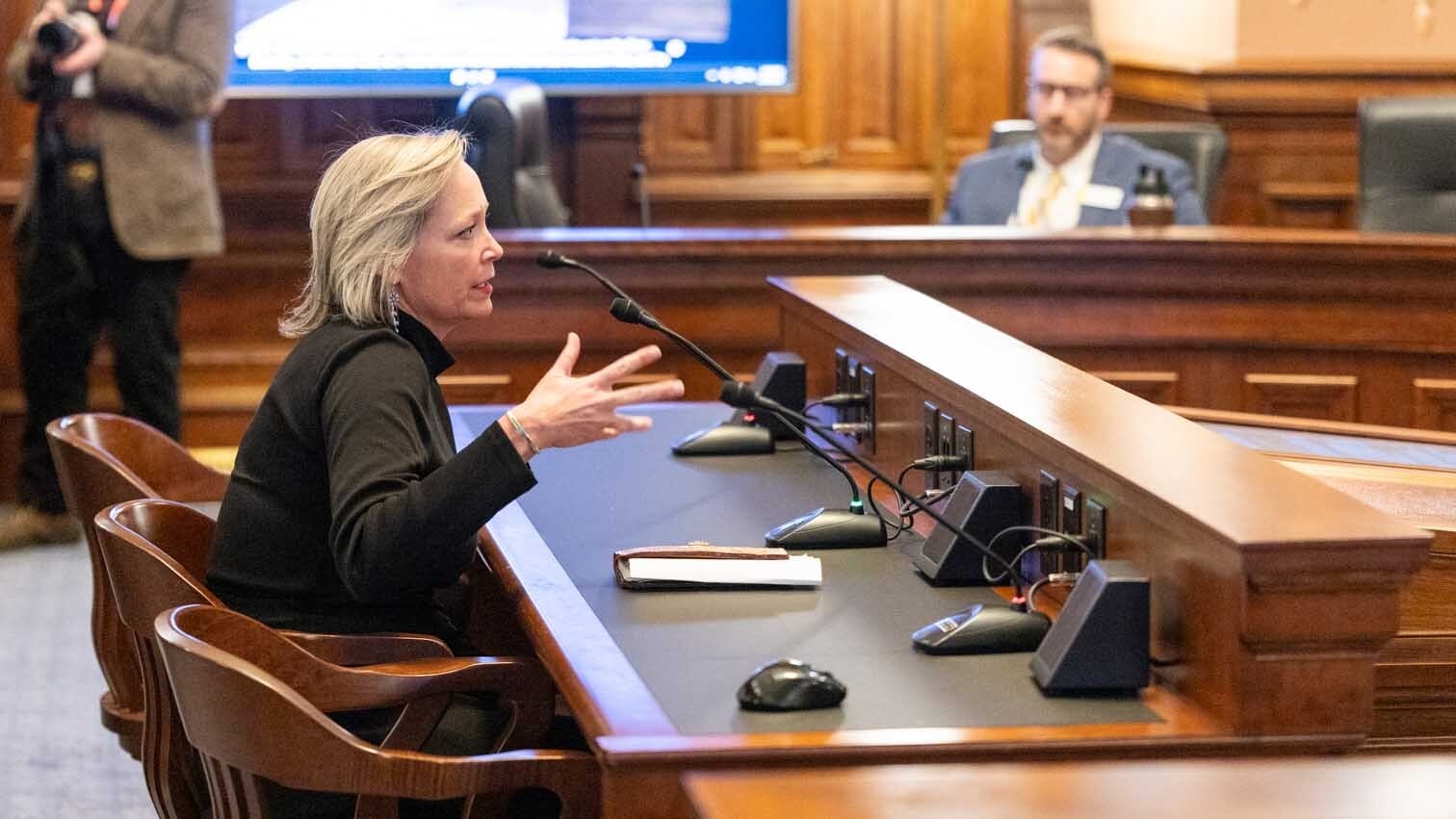A Wyoming legislative committee on Friday tabled a proposed law that was intended to penalize buying and selling of synthetic THC-derived products for people under 21.
House Bill 137 was well-intentioned, but will need more developed during the interim season between legislative sessions, according to the House Education Committee, which voted unanimously to table the bill.
Rep. Sandy Newsome, R-Cody, said she brought HB 137 to prevent young people from buying products like Delta 8 and Delta 9, which are derivatives of hemp with psychoactive properties. Both can make people “high,” according to public testimony on the bill.
Several Cody High School students have found themselves in the hospital after using Delta 8, Newsome told the committee. She said she kept the bill’s definition of CBD-derived products broad, to “get away from this whack-a-mole theory” in which the Legislature bans new drugs one by one, rather than all at once.
Newsome said topical products, such as CBD lotions, would not be criminalized under the bill.
Anyone selling or giving such products to people under 21 would have faced fines between $250 and $750 under the bill’s language. People under 21 attempting to purchase such products would face misdemeanors punishable by a $50 fine or community service, and their convictions could be expunged if they fulfilled those penalties.
Define, Define
Numerous people approached the committee asking for a change to the bill’s definition, including representatives from the Wyoming Department of Health.
Instead of banning CBD products for young people, speakers said, the bill should ban synthetic cannabinoid isomers. The difference, said Wyoming resident and cannabis researcher Sean Murphy, is that CBD can fall under the federally legal .03% of psychoactive THC content, whereas products like Delta 8 and Delta 9 are reengineered for a higher concentration.
“What we should be doing is… protecting people and finding bad operators that are selling Delta 8, Delta 9,” said Murphy. “The term is synthetic isomers; these get you high whereas these products (CBD) don’t get you high.”
Fruit Loops And Gummy Bears
Byron Oedekoven, executive director of Wyoming Association of Sheriffs and Chiefs of Police, agreed, saying some in the hemp industry are marketing child-friendly products with synthetic THC. Forms of gummy bears, Fruit Loops, lollipops, all have been infused with psychoactive derivatives for kid appeal in the marketplace, he said.
“All the things the industry said they would not do when (the federal government passed) the hemp bill, they’re doing,” said Oedekoven. “And we’re here.”
The Whole Bag
Student members of the Cody Youth for Justice also testified. The organization had originally brought the issue to Newsome’s attention, the Representative said.
The youth said Delta 8 and Delta 9 products have caused confusion, anxiety and loss of consciousness in some of their peers at school.
“One kid went into a coma-like state and could not be woken up until he went to the ER,” a student added. “It’s very unclear how it will affect people.”
Earlier in the meeting, a police sergeant told the committee that while such products tout low THC concentrations, some kids are “eating the whole bag.”
Closer Look
Rep. Martha Lawley, R-Worland, said the THC discussion is a “really important topic” and asked the committee to table the bill until the interim so that they could fine-tune it.
“I’d like to see us work on it and do it well,” she said.
The vote to table the bill was unanimous.





